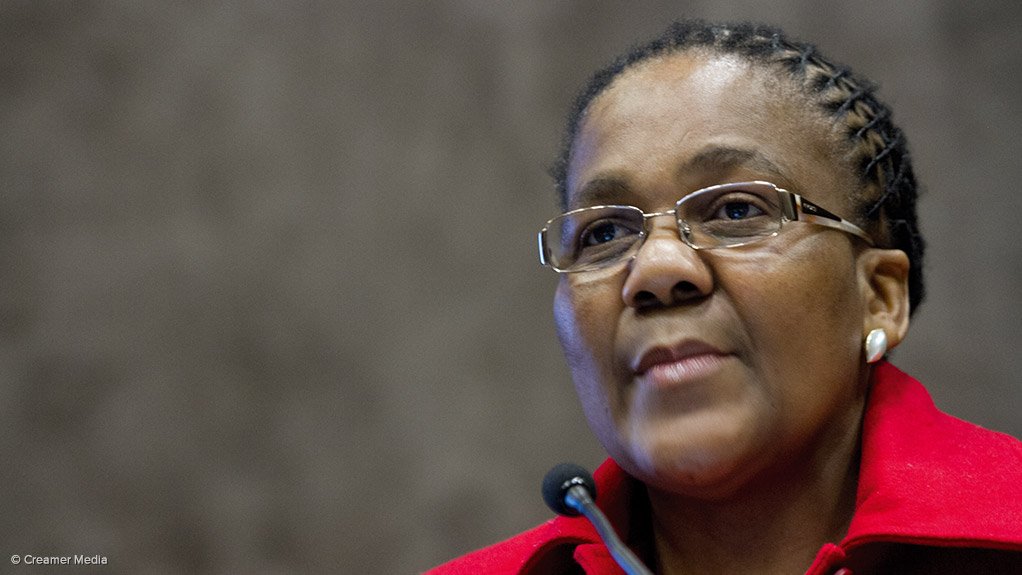Research indicated that road accidents cost the South African economy at least R306-billion a year, said Transport Minister Dipuo Peters on Wednesday at a media briefing in Cape Town.
This cost included loss of skills, providing emergency medical and post-crash services, such as road repairs and clean-up operations, and Road Accident Fund (RAF) payments. The RAF paid out at least R15-billion a year to victims of road crashes, said Peters.
Roughly 14 000 people died on South African roads each year.
Peters said South Africa was “confronted with a major challenge as a nation”.
She said she had established an intergovernmental team of experts to investigate “pragmatic and sustainable interventions aimed at curbing the spate of road crashes in South Africa”.
The road safety team comprised senior officials from the Department of Transport, the Road Traffic Management Corporation, the Road Traffic Infringement Agency, the South Africa National Road Agency Limited (Sanral) and the RAF.
Peters said three themes would guide the team, namely enforcement, engineering and education.
She said South Africa did not have sufficient law enforcement officers to police every corner of the country, and that part of the remedy to reduce road fatalities was to increase traffic personnel.
“We believe that with additional capacity on our roads, we will be able to better tackle the challenge confronting us.”
She added that corrupt law enforcement officials continued to pose a challenge to road safety, however,
“While we will continue to deal with our own officers who are caught on the wrong side of the law, we need the cooperation of the public. Our request is simple: Do not offer bribes to our officers or accede to requests for bribes. It’s a criminal offense and you will be charged and prosecuted.”
Existing legislation was also being reviewed in an effort to curb road accidents, and included a proposed, two-year probation period for first-time applicants of driver's licenses.
Peters said her department had taken note of the fact that many provincial roads, outside of Sanrals’ purview, were not in a good condition.
“As part of strengthening capacity directly at provincial level, the department will from now onwards ensure that each province has a dedicated service provider as and when external support is needed to address the issue of road maintenance.”
National government had set aside R8.7-billion for the 2013/2014 financial year to allocate to provinces for the rehabilitation and maintenance of roads. This allocation was additional to the budget set aside by provincial governments.
Peters added that Sanral would work closely with the road safety team to evaluate each major collision, in order to ascertain whether any road engineering or structural factors had contributed to the event.
“We urge all those who form part of the road construction value chain to always prioritise safety for every road they build, from design to the actual construction of the road. We need to adhere to the set norms and standards of practice within the road construction industry, because failure to do so might have fatal consequences in future. The entire value chain needs to speak one language with regard to the issue of quality and safe roads.”
Peters added that while government held primary responsibility in ensuring safer roads, everyone had a role to play, “from drivers, fleet owners, passengers to pedestrians”.
She said fleet owners had a responsibility to ensure the roadworthiness of their vehicles before assigning them to drivers. They also had a responsibility to ensure that their drivers did not work long hours without rest, or while they were under the influence of drugs or alcohol.
“We will hold fleet owners accountable for collisions or crashes caused by unroadworthy vehicles [in] their fleet.”
EMAIL THIS ARTICLE SAVE THIS ARTICLE
To subscribe email subscriptions@creamermedia.co.za or click here
To advertise email advertising@creamermedia.co.za or click here











